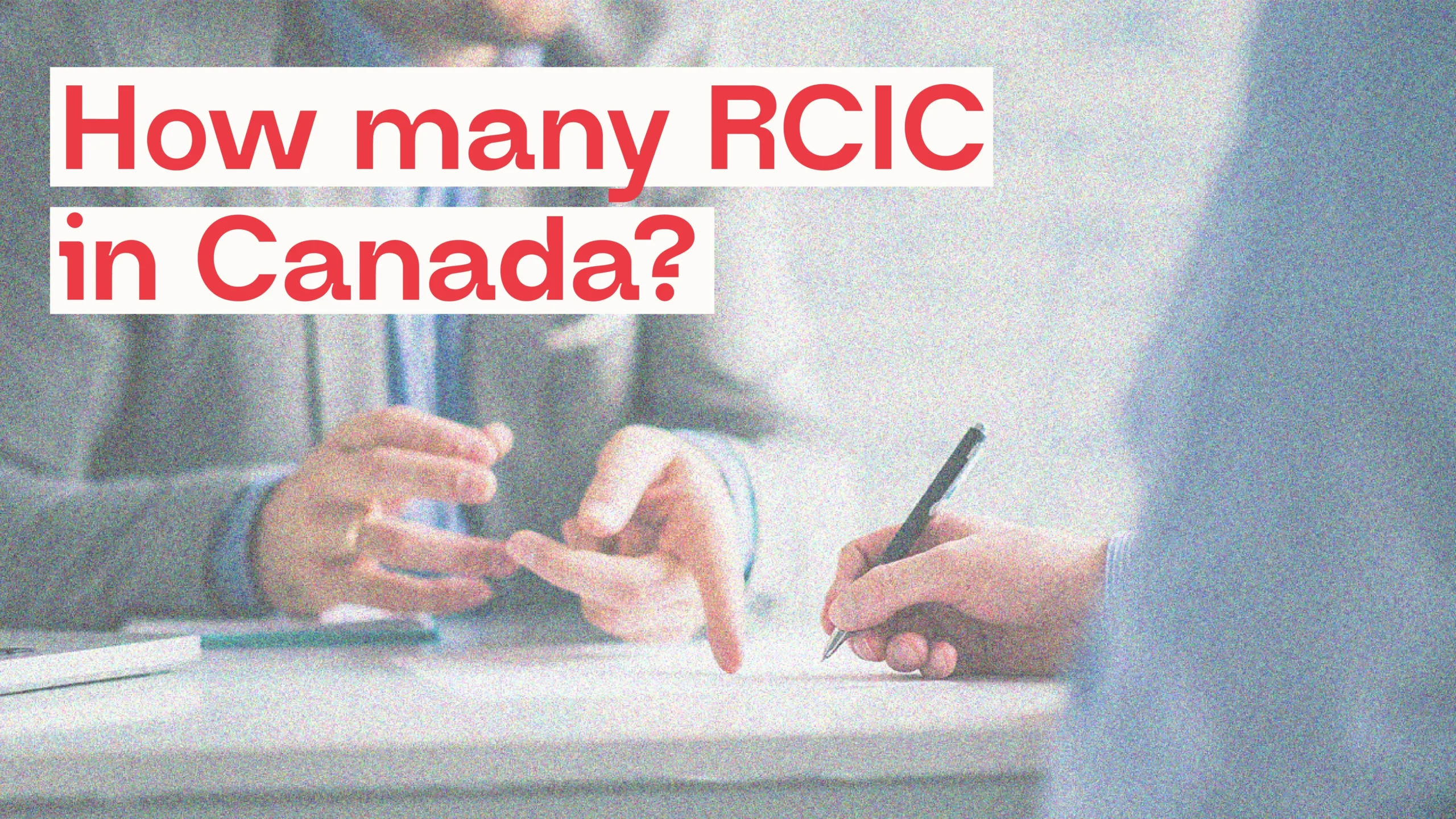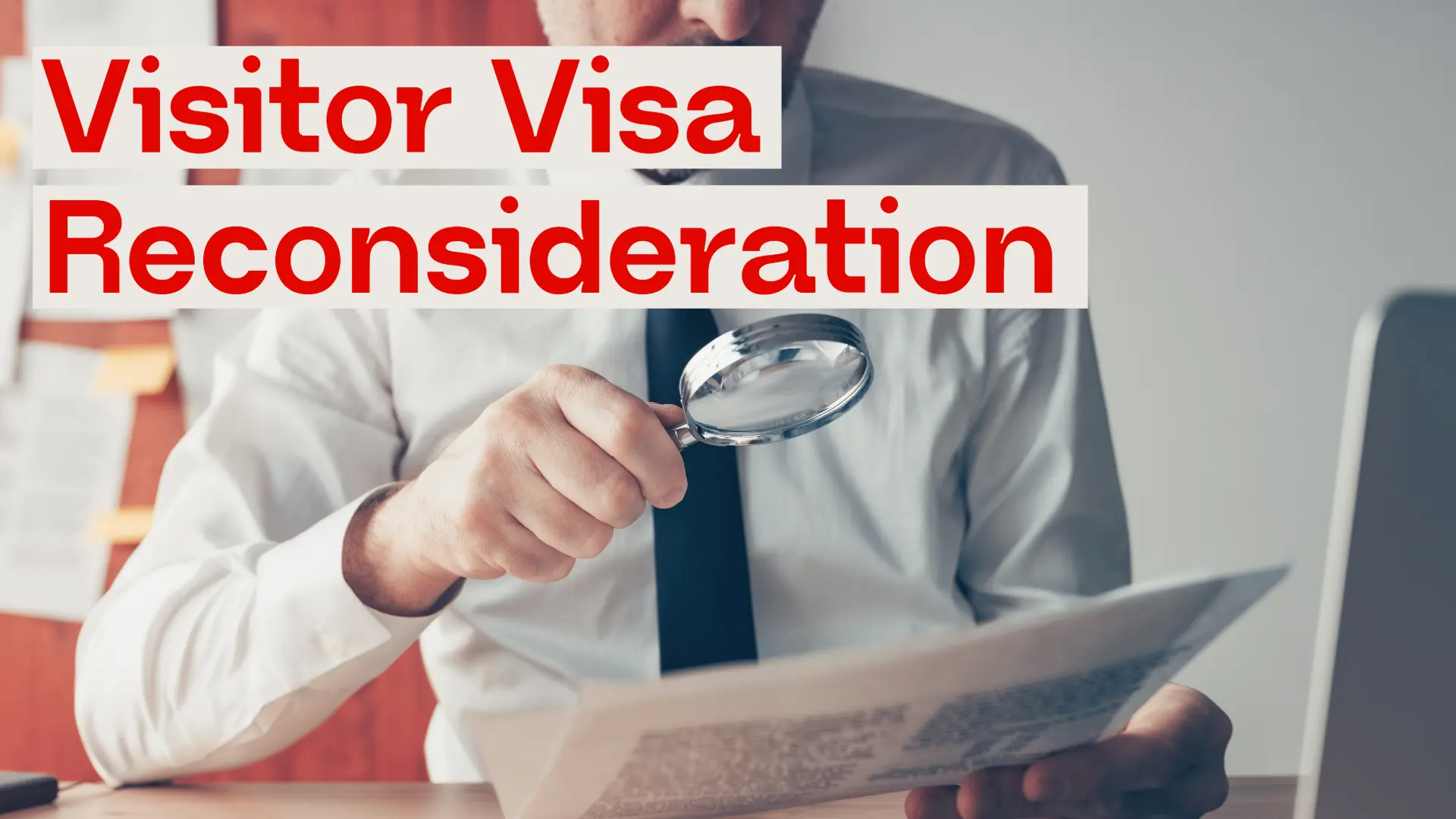What is Procedural Fairness Letter?
A Procedural Fairness Letter (PFL) is an official notice from Immigration, Refugees, and Citizenship Canada (IRCC) or other immigration authorities highlighting concerns about your immigration application. It’s your opportunity to clarify or respond to these concerns before a final decision is made. Ignoring it can lead to application denial or even a ban from entering Canada. Don’t panic—this letter is your chance to address the issues and keep your immigration journey on track!
Why Do You Receive a Procedural Fairness Letter?
Receiving a PFL might feel overwhelming, but it’s a standard step in many immigration processes. IRCC sends these letters when there are questions about the accuracy or completeness of your application. Some of the most common reasons include:
- Misrepresentation: If you provided incorrect or misleading information, such as false work experience or undisclosed visa refusals.
- Criminal Inadmissibility: Prior criminal records, even minor ones, can raise concerns.
- Medical Inadmissibility: If your health condition might lead to excessive costs on Canada’s healthcare system (e.g., over $25,000 annually).
- Relationship Concerns: Inconsistent information or insufficient proof of a genuine marriage or partnership.
- Employment Discrepancies: Errors in job descriptions, National Occupational Classification (NOC) codes, or incomplete employment letters.
- Security Issues: Association with flagged organizations or incomplete military service records.
The good news? A PFL gives you the opportunity to explain and correct these issues. Let’s explore how you can respond effectively.

How to Respond to a Procedural Fairness Letter
Handling a PFL requires careful attention and a proactive approach. Here’s a step-by-step guide to help you:
1. Understand the Concerns
- Read the letter thoroughly. Highlight the main issues, such as missing documents or doubts about the accuracy of your claims.
- Pay close attention to the deadline. Most PFLs require a response within 7 to 30 days.
2. Gather Supporting Documents
- Collect all necessary evidence to address the concerns. For example:
- If your relationship is questioned, provide wedding photos, messages, or joint financial documents.
- For employment issues, submit corrected job letters or additional pay stubs.
- Keep everything organized. Label each document to show how it supports your response.
3. Draft a Detailed Response
- Address each issue separately. Be clear, honest, and professional.
- Provide evidence for your claims. For instance, if there’s a concern about misrepresentation, explain any errors and back it up with facts.
4. Seek Professional Help
- Don’t hesitate to contact an immigration expert. They can review your response, ensuring it’s complete and legally sound. Missteps here can be costly!
5. Submit on Time
- Meet the deadline! Late responses might not be accepted, and your application could be denied.
- Keep proof of submission, such as email receipts or delivery confirmations.
6. Follow Up
- Stay in touch with IRCC or your lawyer for updates. Sometimes additional clarifications may be requested.
Why Timeliness and Accuracy Matter
Responding to a PFL is a race against the clock! Delaying could lead to a negative decision on your application. Missing deadlines can even result in a 5-year ban for misrepresentation. IRCC evaluates responses carefully, and a strong reply often leads to a positive outcome.
Did you know? In 2022, IRCC processed over 2.8 million applications, and concerns about misrepresentation were among the top reasons for delays and denials.
Common Questions About Procedural Fairness Letters
1. What if I can’t respond in time?
You can request an extension, but it must be submitted before the deadline. Extensions aren’t guaranteed, so act quickly.
2. Can I appeal a PFL decision?
If your response is rejected, you may pursue a judicial review in Canada’s Federal Court. Consulting an immigration lawyer is crucial in this situation.
3. What if I ignore the PFL?
Ignoring a PFL often leads to application denial or even a ban from reapplying for several years.
Tips to Strengthen Your PFL Response
- Stay Honest: Never lie or misrepresent facts in your response—it only worsens the situation.
- Be Organized: Clearly label and explain how each document addresses IRCC’s concerns.
- Consult Experts: Immigration lawyers can guide you through the process, improving your chances of success.
Potential Outcomes of a PFL Response
A well-prepared response can save your application. Here’s what happens after you submit:
- Positive Outcome: If IRCC accepts your explanation, your application proceeds normally.
- Negative Outcome: Denials happen if issues remain unresolved. In such cases, you can explore judicial review or reapply, depending on the situation.
Check out our Free Immigration Resources Page
Final Thoughts
A Procedural Fairness Letter isn’t the end of the road—it’s an opportunity. By understanding the concerns, gathering the right documents, and responding promptly, you can overcome this hurdle. Seeking professional help from an immigration consultant can make all the difference.
If you’ve received a PFL, don’t wait. Take it seriously and act now to protect your immigration journey. A clear, honest, and timely response could be the key to achieving your dreams in Canada!



